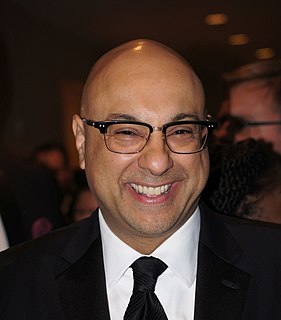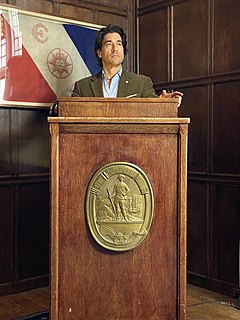A Quote by Robert F. Kennedy, Jr.
Investigative journalism has been relegated to a very, very tiny space in America. We don't really have much investigative journalism left. And the last refuge for it is documentary filmmaking.
Related Quotes
Anyone who does investigative journalism is not in it for the money. Investigative journalism by nature is the most work intensive kind of journalism you can take on. That's why you see less and less investigative journalism at newspapers and magazines. No matter what you're paid for it, you put in so many man-hours it's one of the least lucrative aspects of journalism you can take on.
I certainly don't mean to suggest that all investigative journalism prior to 9/11 in the US was praiseworthy. But there were more examples to which one could point, and there were at last some activist photographers who understood that getting information into the public sphere in spite of military censorship was a right and obligation within democracy. That strain in war journalism did nearly vanish during that time.

































